At the end of last summer, I packed up everything I owned into one large hiking bag and then traveled over 30 hours to live and work in Thailand. I spent 6 months teaching English to 50 1st graders and then 2 months living out of a backpack while traveling. For those of you who were here last summer, you may have heard me talk about my decision to go to Thailand in a vespers, and I have probably talked a few people’s ears off this summer about how much I loved it.
For a while after I came back, I pretended that I had completely thought that decision through, and I knew that I was going to switch my career path completely from criminal justice to teaching in the middle of this year. But that simply is not true. I essentially ended up on a plane to Thailand at the end of last summer, as a result of what was supposed to be a joke. Essentially, I responded to Izzy Melia’s, who some of you may remember as a former staff member here at camp’s, private instagram story that she had posted asking if anyone wanted to come with her to Thailand. I said, “actually, yeah” and she spent the next three weeks facetiming me to see if I had actually sent in my application. And me, being afraid to tell her that I was joking, submitted my application and committed to go.
For a few months prior to applying to teach in Thailand, I had been toying with the idea of wanting to switch my focus to education and I wanted to get involved with classroom teaching. But I had literally no idea how to do it. I didn’t go to school for teaching, I had no formal training in teaching, and I wasn’t licensed either. I would have to start from the beginning, and I was apparently going to do it in a whole new country which I knew nothing about and hadn’t learned a single word of the language.
Although I was excited to go on this adventure and I knew I would enjoy learning and experiencing a new culture, I was admittedly freaking out about being good at my job. What if I got there and I was just a bad teacher? What if I hated teaching? What then? Would I really come back to America to try teaching just to fail?
I had a lot of unknowns, and so much I had to learn how to do. I spent hours watching youtube videos about lesson planning, classroom management and how to teach elementary reading and writing. I scrolled through endless pdfs of reading packets, worksheets, phonics lessons, and had playlists of children’s songs to help with language acquisition but I still felt like I wasn’t prepared and I would fail my students.
During my extensive panic research about teaching, I also spent a lot of time trying to learn as much as I could about Thailand itself. This led to a whole lot of doom scrolling on various travel influencers’ feeds for any and all information I could find. Every video I could find about Thailand always included the phrase Mai Pen Rai. All of the Tik Toks I watched about ‘the 5 most important words to learn in Thai’ all had mai pen rai as the number one most important word to learn, ranked higher than the word for hello. They were all right, almost immediately, I noticed how often I would hear that phrase being said by Thai people. Mai Pen Rai essentially translates to ‘its alright’ or ‘everything is fine’. And I came to understand in my first weeks living in the country, that Mai Pen Rai was not just a common phrase used in conversation but essential to understanding the Thai way of life. The first answer to most questions, problems, or apologies was always “Mai Pen Rai”.
When I first started teaching, I was full of questions and anxiety about whether or not I was doing the right thing pretty much all of the time. I asked a lot of questions. When I would worry about missing the bus, someone would say ‘mai pen rai it will come back for you’’. When I was confused about how I should structure my class, my co teacher said, ‘mai pen rai you’ll do whatever you think is best’. When Izzy thought she had contracted dengue fever, the answer was ‘mai pen rai, you’ll be ok’.
To be honest, there were times that I would get a little frustrated when someone would say mai pen rai to me, because sometimes I really wouldn’t feel like everything would be ok and I really wanted to be told what to do. I never felt like I could answer these questions myself.
Slowly, I realized that the people who were telling me it would be ok weren’t just brushing me off to let me struggle on my own. Instead they were using it as a motivational reminder that I was capable of overcoming struggles, insecurities, and confusion. Yes, it’s ok to ask for help and need support from the people around you, but often you have all of the knowledge and skill to answer your own questions. That feeling of imposter syndrome that I had was completely self imposed, and I allowed my own worry to cloud my understanding that I knew what I was doing. I’ve worked with kids for pretty much my entire life, and that knowledge and wisdom didn’t just disappear now that I was in a new environment.
Once I had let go of my internalized fear of failing, I began to actually enjoy my job. It allowed me to focus on getting to know my students, and be creative in my classroom rather than stick to a ridgid plan that I thought school was supposed to be like. When I would feel like I just had no idea what I was doing, or when I missed home I had to remind myself ‘mai pen rai’ . I just have to trust that it will be ok. I’m going to be ok, because even though I might not have all of the answers I can trust my inner ability to overcome hardships simply because I know I’m capable of doing so.
For all of you sitting in this circle, you are all here in this new environment surrounded by old friends and new ones. You may have been excited to come to camp, or maybe a little nervous, or maybe a little bit of both. And that’s totally normal! Feeling nervous, confused, happy, sad, excited, or unsure about something is all ok. You just have to trust that you have an inner strength and power that can help you through whatever is standing in your way. If you are ever feeling unsure while you are here at camp, just remember, Mai Pen Rai. It will be ok, because you have yourself and so many people around you that believe in you. So you just have to believe in yourself.
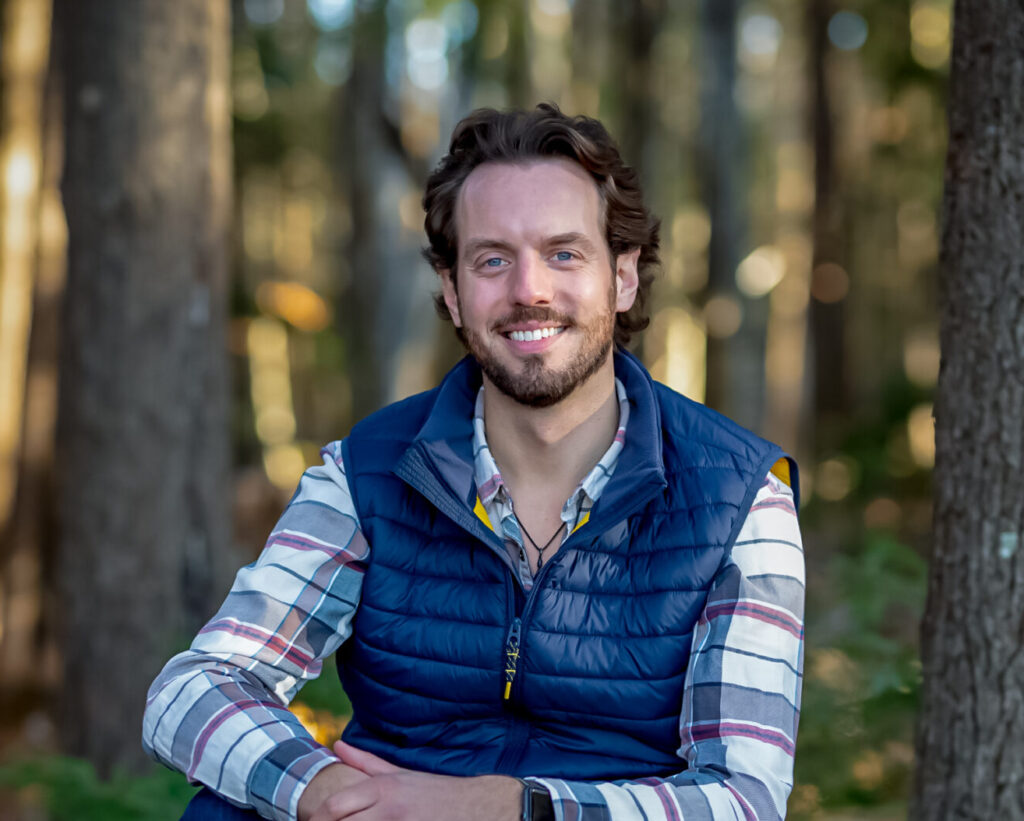

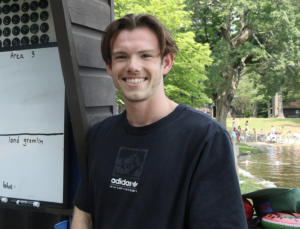

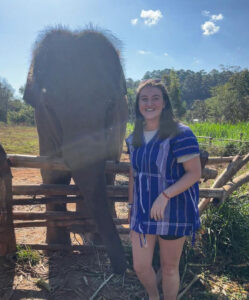
 How old were you when you started Camp?
How old were you when you started Camp?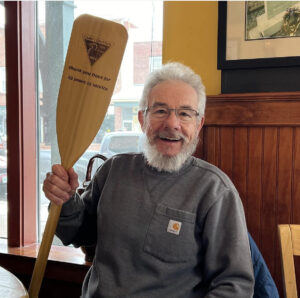 After 23 years of helping create a facility we cherish and love, Sav has retired from Coniston. Dave Savio has been an incredible member of our Maintenance team and has transformed Camp into the beautiful facility it is and this is truly the end of an era.
After 23 years of helping create a facility we cherish and love, Sav has retired from Coniston. Dave Savio has been an incredible member of our Maintenance team and has transformed Camp into the beautiful facility it is and this is truly the end of an era. 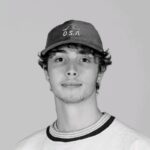
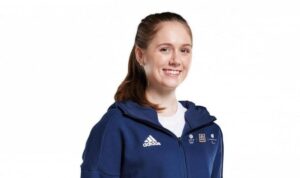 We are extremely excited to welcome Adelaide Barnes to our staff who will lead the new program area. Adelaide has won several national titles and won the USA Grand Prix for taekwondo. She was also selected for Great Britain’s Development Squad for Olympic Taekwondo fighting when she was 16. That same year she was promoted to being on Great Britain’s national team to represent GB in the Olympics and other world competitions!
We are extremely excited to welcome Adelaide Barnes to our staff who will lead the new program area. Adelaide has won several national titles and won the USA Grand Prix for taekwondo. She was also selected for Great Britain’s Development Squad for Olympic Taekwondo fighting when she was 16. That same year she was promoted to being on Great Britain’s national team to represent GB in the Olympics and other world competitions! 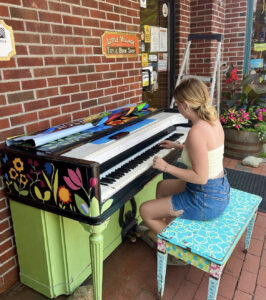 The new music program will be offered to all ages and will explore musical creativity with different instruments including piano, guitar and ukulele. The
The new music program will be offered to all ages and will explore musical creativity with different instruments including piano, guitar and ukulele. The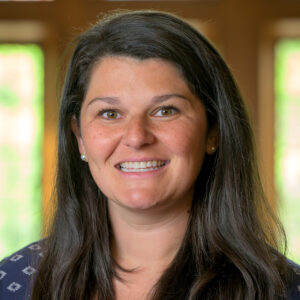 How old were you when you started Camp?
How old were you when you started Camp?